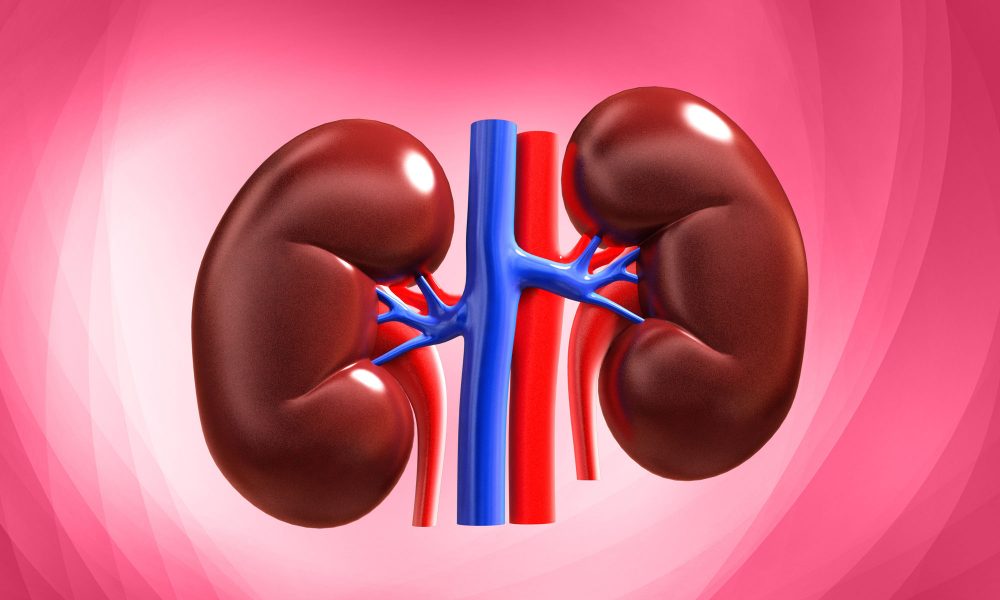
Debunking Myths About Kidney Donation

Kidney donation could save the lives of more than 100,791 patients waiting for a kidney transplant only in the U.S. On average, 13 people die each day while waiting for a kidney transplant. This clearly shows how life-saving it can be to donate a kidney.

Julia / Pexels / According to the World Health Organization, as many as 400 kidney patients die in the US while waiting for donors.
However, there are numerous myths and misconceptions associated with kidney donation. These myths have constrained the number of people willing to donate their kidneys. It’s time to raise awareness and educate people about kidney transplantations.
This blog is an attempt to debunk some of these common myths.
Kidney Donors Take Medication for the Rest of Their Lives
It’s just a myth. The reality is quite the opposite. Most of the donors go home within 24 to 48 hours of their surgery. Also, most of them report feeling back to normal by the second week.
They are given pain medication on the initial days of discharge from the hospital. These medications are only for the short post-surgery period. After that time, donors don’t need to take any medication. Once they recover, they can resume their regular exercise and routine activities. However, it’s recommended to refrain from heavy lifting for up to six weeks.
Only Young People Can Donate Their Kidney
It’s another misconception. There’s no such age limit for adult donors. You can save someone’s life even if you’re older.
However, younger donors typically match with younger recipients. What if someone is older and is willing to donate to someone younger? In such cases, there’re donor exchange programs that come in.

RODNAE / Pexels / Everyone can donate their kidneys, irrespective of age, gender, or race. Says a medical research
The only requirements for kidney donors are:
- They should be at least 18 years old
- Their kidney should function normally
- Their overall health should be good
- They should not have chronic medical conditions like stroke, heart diseases, arthritis, diabetes, etc.
The Medical Costs of Donating a Kidney Are Too High
While some people are willing to donate their kidneys, they think it’s way too expensive. Whereas in reality, the insurance of the kidney recipient covers the cost of all the required medical care.
From the initial check-ups to lab tests, and surgery to care about the transplant, everything’s covered by recipients’ insurance. So there’s no reason to fret about the medical costs. However, it’s better to discuss costs with your transplant team before the procedure.

RODNAE / Pexels / In the US, it costs zero to very few to donate kidneys.
The Donor and Recipient Should Belong to the Same Family or Ethnicity
It does not matter which gender, family, or ethnicity you belong to. You don’t even have to be related to the recipient to donate a kidney.
In fact, many donors aren’t a match for their loved ones. But they can still save their lives by participating in a paired exchange.
Before starting the transplant process, there’s a series of compatibility tests that validate whether your kidney is a match for someone or not.
The matching depends on the compatibility of your:
- Blood Type: If your blood group is type O, you can donate a kidney to anyone irrespective of their blood type. If your blood group is type A or B, you can donate only to someone with the same blood group. On the other hand, people with the type AB blood group can receive kidneys from all blood types.
- Cross-Matching: This test determines how the body of the recipient will react to the kidney of the donor.
- Tissue Type: If your genetic makeup is similar enough to that of the recipient, you will be considered a match.
More inHealthy Trends
-
`
Are Popular Diet Trends Actually Good for Your Heart?
Diet trends grab headlines every year, promising everything from glowing skin to dramatic weight loss. But when it comes to the...
July 30, 2025 -
`
Why Are Men Taller Than Women? New Genetic Study Finds Clue
For centuries, the average height difference between men and women has been noticeable—men generally stand about five inches taller. While environment...
July 23, 2025 -
`
How Upcycled Beauty Ingredients Are Reshaping the Industry’s Future
The beauty industry is going through a big shift — and it’s not just about trends. As waste problems grow and...
July 17, 2025 -
`
A Look Inside Faith Kipyegon’s Groundbreaking Mile Run in Paris
Last week in Paris, Faith Kipyegon returned to a place she knows well: Stade Sébastien Charléty. But this time, she wasn’t...
July 9, 2025 -
`
Dairy Is Making a Major Comeback — And Health Shoppers Are Loving It
Just a few years ago, dairy sat quietly in the back seat while plant-based alternatives took the spotlight. Now, it’s stepping...
July 4, 2025 -
`
Does Aging Cause Dental Problems?
Aging doesn’t automatically mean losing teeth or developing gum disease. In fact, older adults today are holding onto more of their...
June 25, 2025 -
`
How Upcycled Ingredients Are Shaping the Future of Cosmetics
What used to end up in bins or compost heaps is now finding a new life inside skincare bottles and beauty...
June 18, 2025 -
`
Rock Legend Rod Stewart Trains to Break Sprint Record at 80
Age isn’t slowing Rod Stewart down. Known worldwide for his legendary voice, stadium-filling tours, and timeless hits like “Maggie May”, the...
June 11, 2025 -
`
The Truth Behind Detox Diets – Health Boost or Risky Trend?
It’s hard to scroll through your feed without seeing someone sipping green juice with promises of instant energy, glowing skin, and...
June 3, 2025














You must be logged in to post a comment Login